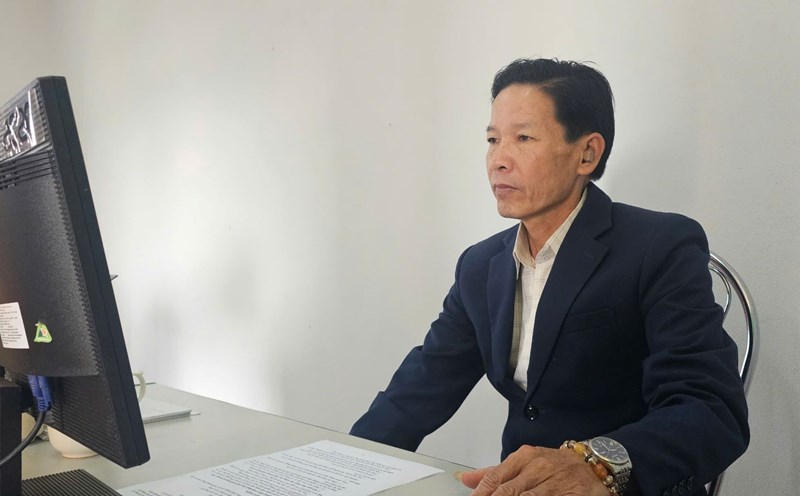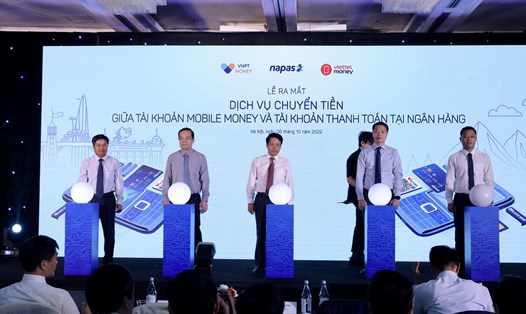Mobile Money service has been piloted since 2021 to promote cashless payments and expand financial access in rural, mountainous, remote and isolated areas. According to the State Bank's summary report in September 2024, the total number of Mobile Money accounts has reached more than 9.8 million accounts, of which nearly 7.1 million accounts are in rural, remote, isolated, border and island areas, accounting for 71.73% of the total number of accounts.
According to the report, Viettel is currently leading with a customer ratio of 73%, followed by VNPT-Media with 21%, and MobiFone with 6%. Notably, more than 96% of users registered via mobile applications, showing the popularity of digital technology in accessing financial services. These figures are provided in a summary report conducted by the State Bank in coordination with pilot enterprises.
According to the report, by the end of September 2024, pilot enterprises had established nearly 12,000 business locations nationwide, of which 63% were located in rural and remote areas. The number of payment acceptance units (PPUs) increased sharply with more than 275,000 PPUs, focusing on essential services such as electricity, water, education and telecommunications. The total transaction value during the pilot period reached more than VND 5,685 billion through 159 million transactions, demonstrating trust and real demand from the people.
The report from the State Bank also emphasized that Mobile Money service not only helps people access finance more conveniently but also changes payment habits, reducing dependence on cash, especially in difficult areas.
In the submission to the Government, the State Bank proposed to develop a Decree regulating Mobile Money services with the following main points:
Scope of application and subjects of regulation: The Decree will regulate the provision of Mobile Money services, applicable to service providers, organizations, individuals using the service and payment acceptance units.
Service provision conditions: Establish specific conditions that telecommunications businesses must meet to be licensed to provide Mobile Money services.
Transaction limits and account management: Set appropriate transaction limits for small amounts to control risks and ensure user safety.
Responsibilities of relevant parties: Clearly define the responsibilities of the State Bank, Ministry of Information and Communications, Ministry of Public Security and service providers in managing, supervising and protecting users' rights.
Information security measures: Develop information security and data security requirements to protect user accounts and transaction systems.
Handling of violations and disputes: Specific regulations on handling violations, complaints and disputes during the process of providing and using services.
The State Bank affirmed that it is necessary to soon complete the legal corridor to ensure the sustainable development of Mobile Money services. According to the report, the draft decree on Mobile-Money is being consulted by relevant ministries and branches. This will be an important legal basis for this service to be officially deployed.
The success of Mobile Money shows great potential in realizing the goal of cashless payments and financial inclusion in Vietnam. Telecommunications enterprises participating in the pilot have also proposed expanding the service after the pilot phase, expecting to bring more benefits to the people and the economy.










